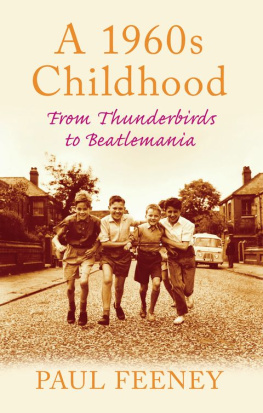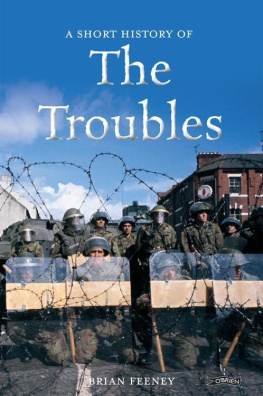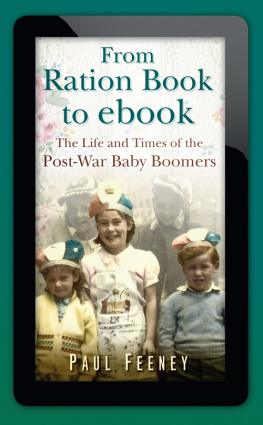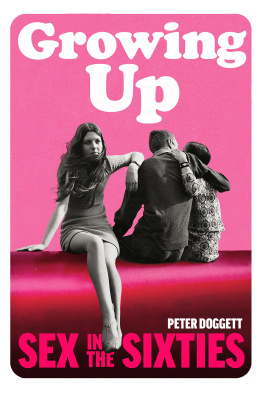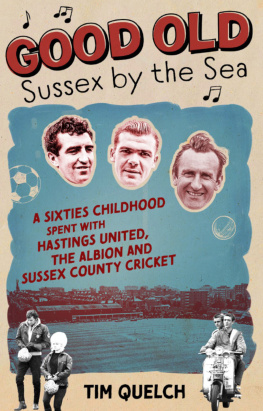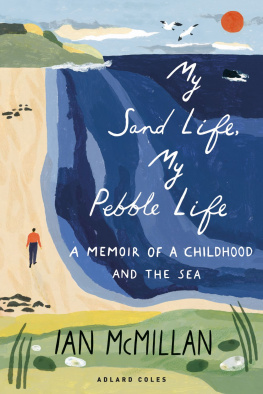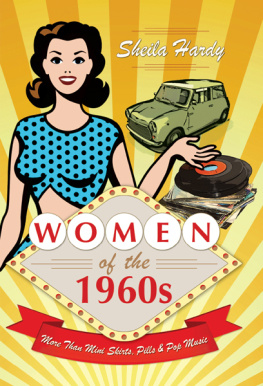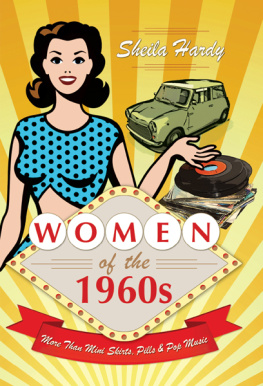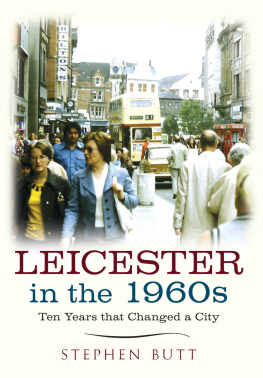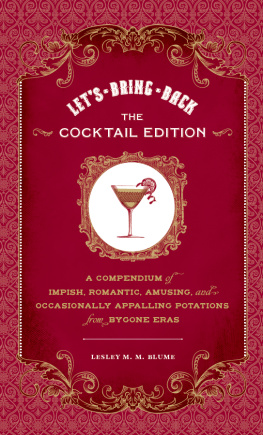Feeney - A 1960s childhood: from Thunderbirds to Beatlemania
Here you can read online Feeney - A 1960s childhood: from Thunderbirds to Beatlemania full text of the book (entire story) in english for free. Download pdf and epub, get meaning, cover and reviews about this ebook. City: Great Britain, year: 2010;2014, publisher: The History Press, genre: Home and family. Description of the work, (preface) as well as reviews are available. Best literature library LitArk.com created for fans of good reading and offers a wide selection of genres:
Romance novel
Science fiction
Adventure
Detective
Science
History
Home and family
Prose
Art
Politics
Computer
Non-fiction
Religion
Business
Children
Humor
Choose a favorite category and find really read worthwhile books. Enjoy immersion in the world of imagination, feel the emotions of the characters or learn something new for yourself, make an fascinating discovery.
- Book:A 1960s childhood: from Thunderbirds to Beatlemania
- Author:
- Publisher:The History Press
- Genre:
- Year:2010;2014
- City:Great Britain
- Rating:5 / 5
- Favourites:Add to favourites
- Your mark:
- 100
- 1
- 2
- 3
- 4
- 5
A 1960s childhood: from Thunderbirds to Beatlemania: summary, description and annotation
We offer to read an annotation, description, summary or preface (depends on what the author of the book "A 1960s childhood: from Thunderbirds to Beatlemania" wrote himself). If you haven't found the necessary information about the book — write in the comments, we will try to find it.
With chapters on home and school life, games and hobbies, music and fashion, alongside a selection of charming illustrations, this compendium lets you take a nostalgic look at what it was like to grow up during the sixties and recaptures the various aspects of life back then.
Feeney: author's other books
Who wrote A 1960s childhood: from Thunderbirds to Beatlemania? Find out the surname, the name of the author of the book and a list of all author's works by series.
A 1960s childhood: from Thunderbirds to Beatlemania — read online for free the complete book (whole text) full work
Below is the text of the book, divided by pages. System saving the place of the last page read, allows you to conveniently read the book "A 1960s childhood: from Thunderbirds to Beatlemania" online for free, without having to search again every time where you left off. Put a bookmark, and you can go to the page where you finished reading at any time.
Font size:
Interval:
Bookmark:
To mum and dad
I would like to thank Gwen Lippingwell for allowing me to reproduce the photograph on page 11. All other pictures and illustrations are from the authors collection. Every reasonable care has been taken to avoid any copyright infringements, but should any valid issue arise then I will look to correct it in subsequent editions.

Its eight oclock in the morning on the first day of January 1960, and kids all over the country are dipping freshly cut bread soldiers into the soft yellow yolks of lightly boiled eggs. Just like any other morning, the wireless is already on and Jack de Manio is reading the news on the Today programme. Thousands of grown-ups are running late for work, having foolishly believed his inaccurate time-checks. Everyone knows that he is prone to giving out the wrong time during his radio show, it is all part of his laid-back presentation style. He is easy to listen to and can be quite amusing, not at all stuffy like the other BBC newsreaders; even young children happily tolerate his breakfast programme. Its hard to believe that Christmas Day was only a week ago. It now seems like a distant memory. Some children have already gone back to school, and the rest have just three more days of freedom to enjoy before the dreaded Monday arrives when they too will have to return to school for the start of a new term.
You have just finished the last of your bread soldiers and you are now scraping your spoon around the inside of the eggshell to retrieve every last piece of egg white. There is a cup of tea thats been sat on the table in front of you for about fifteen minutes, and its now cold. Youve been daydreaming and its taking you absolutely ages to eat your breakfast. Meanwhile, your mum is bustling about the room, trying to clear the table around you, but you are oblivious to her loud tutting, too engrossed in your own thoughts and in no rush to finish.
As amazing as your daydreams may be, your imagination will never stretch to encompass all of the astonishing delights that future years will bring to improve the lifestyle that you so readily accept as normal on this, the first day of 1960. Could it be that one day, ordinary people will have their whole house centrally heated and families will no longer have to huddle into one room to keep warm? Is it possible that soon there will be a toilet and a bath fitted inside every house, and that the old tin baths will only be needed to wash the dog? Is it really feasible that every home will have at least one television set, and that within a few years you will be able to watch all your favourite television programmes in colour? Can you believe that the GPO telephone boxes that are so prevalent on the streets today will some day become almost redundant? Not only will everyone have their own telephone, they will even walk around with them in their pockets! Many of these things are way beyond the imagination of the average grown-up, let alone a young child. You might as well suggest that one day a man will walk on the moon!
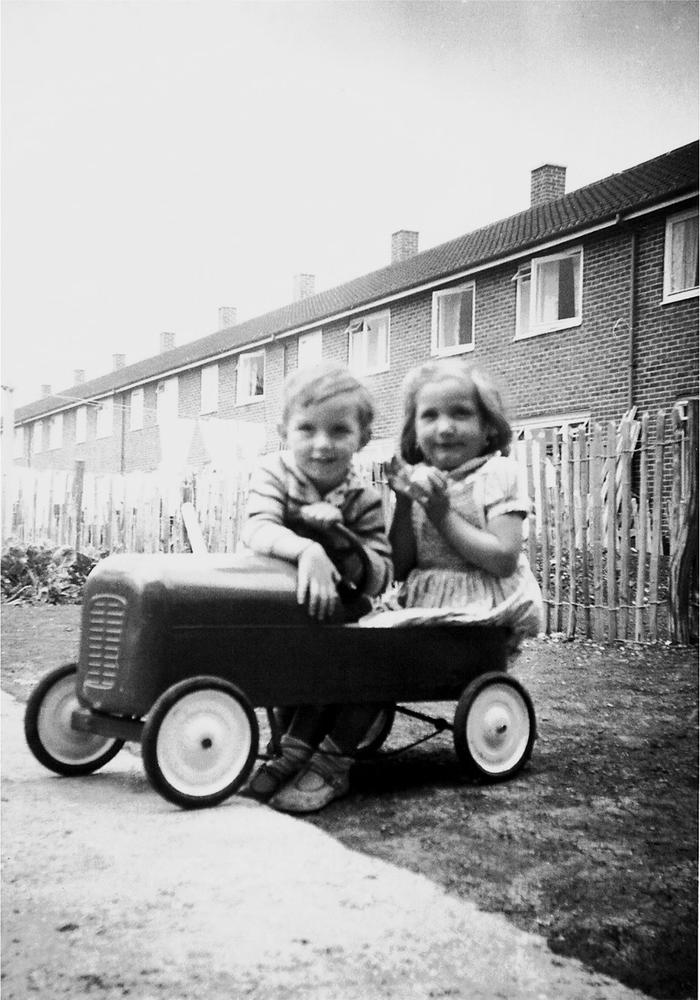
A young boy and girl enjoy a ride in their new red metal motorcar, in South London, c. 1962.
At last, you stop scraping around inside that long-suffering eggshell; you put down your spoon and allow your mum to finish clearing away the breakfast things. Resting your back against the hard wooden uprights of your chair, you turn your gaze to the skies beyond the tightly closed sash window next to the table. You have absolutely no idea that you are witnessing the start of what is to become the most exciting decade of the twentieth century, and that, in years to come, you and every other child of the 1960s will have reason to look back on these years with great fondness. Forevermore, the decade will be referred to as the swinging sixties, and although future generations will experience greater lifestyle improvements than you can ever imagine, they will also fantasise about what it was like to grow up in the 1960s.
You will surely have many unforgettable personal memories of your childhood, but there are also a myriad of things that touched and influenced everyone that grew up in the sixties and evoke common memories. In the early sixties, you will have experienced some of the austere 1950s mood that rolled over into the 1960s as part of the seamless transition between decades. After all, the older generation were not likely to forget the hard times that went before, and their long-time practice of living sparingly didnt just end at the stroke of midnight on 31 December 1959. The stories you were told of the post-war hardships and food rationing suffered by your parents and grandparents are like ancient history to you, even though food rationing only finally ended a few years earlier, in 1954. But even the most uncaring or self-absorbed child couldnt help but see the lasting reminders of war and deprivation that were still evident in the early sixties, with many bomb ruins and bomb-damaged buildings still to be seen in towns and cities. You would regularly encounter people suffering from old war injuries, not just ex-servicemen and women, but also many innocent civilians that had been caught up in enemy bombing raids on local streets and houses. It wasnt unusual to see people in their thirties and forties, particularly men, hobbling around with the aid of a crutch or a walking stick, with some having lost limbs or been made blind during the hostilities. Back in 1957, the then Prime Minister, Harold Macmillan, caused an upset when he said, let us be frank about it: most of our people have never had it so good. This remark remained etched in the minds of the fifties generation; in the 1960s it was regularly paraphrased as Youve never had it so good, and used by grown-ups to remind children of the hardships that people suffered in previous decades. However, the cold rooms, tin baths and outside toilets had not been entirely consigned to the history books. For some people, the dearth was ongoing and improvements were only gradual.
During the early sixties, more and more high-rise blocks of flats and new housing estates were being built to replace homes that had been demolished during the governments large-scale slum clearance programme, and the once familiar landscapes in some urban and rural areas were seen to be radically changing. The new homes provided more comfortable and sanitary facilities for people that had previously occupied old run-down and overcrowded terraced houses, but they were considered by many to be characterless and ugly, lacking the community spirit previously enjoyed in the rows of old terraced houses. Some people in tower blocks felt isolated and the kids had to adapt to a whole new way of life. But there were some benefits, such as the luxury of having modern bathrooms and hot running water, thus consigning many old kettle-filled fireside tin baths to the scrapheap.
Britain was in what was called a post-war boom period, when there seemed to be factories in every street in the country that were busy making all sorts of British goods. It was a time when British products and services were in great demand and unemployment was very low. The sixties generation had much more disposable income than their predecessors and they could afford to buy and enjoy many of the things that were previously considered to be extravagant. Up until about 1962, items like television sets and telephones were regarded as luxuries, but they soon became much more affordable to ordinary people, as did labour-saving devices like vacuum cleaners and washing machines, and by the mid-sixties these were all considered to be necessities in the home. There was little sign of absolute poverty, as there had been in previous decades when it was obvious that some people did not have enough money to clothe themselves or to eat an adequate diet. By the mid-sixties, a great many working-class families had seen their lifestyles improve significantly, and it could have reasonably been said that most people had never had it so good!
Font size:
Interval:
Bookmark:
Similar books «A 1960s childhood: from Thunderbirds to Beatlemania»
Look at similar books to A 1960s childhood: from Thunderbirds to Beatlemania. We have selected literature similar in name and meaning in the hope of providing readers with more options to find new, interesting, not yet read works.
Discussion, reviews of the book A 1960s childhood: from Thunderbirds to Beatlemania and just readers' own opinions. Leave your comments, write what you think about the work, its meaning or the main characters. Specify what exactly you liked and what you didn't like, and why you think so.

